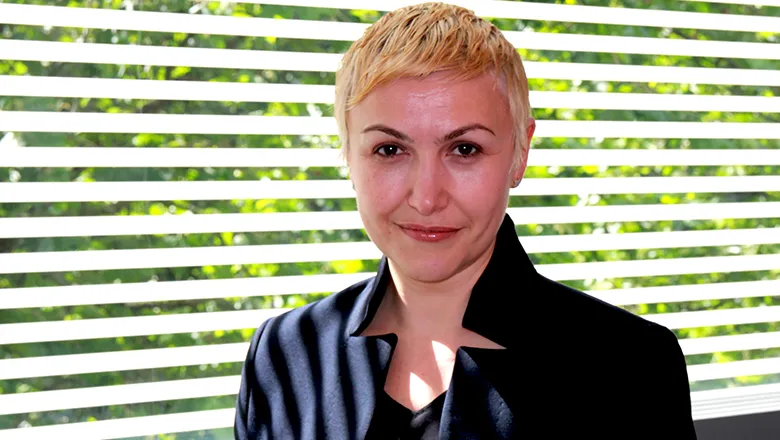I am humbled and grateful to see my work from the last decade recognised alongside many esteemed colleagues and friends from the knowledge engineering community.
30 April 2020
Professor of Computer Science Elena Simperl named in top 100 most influential Artificial Intelligence researchers
Elena Simperl, Professor of Computer Science in the Department of Informatics, has been recognised by ArnetMiner (AMiner) as one of the most influential AI researchers of the past decade.

Established in 2006, AMiner is an online academic search system which facilitates data mining operations on academic publications. Elena’s profile ranks both within the domain of Most Influential Scholars in Knowledge Engineering, in addition to AMiner’s Women in AI 2000, through which the system lists the world’s most influential female scholars from the field of AI.
On this recognition from AMiner, Elena commented;
At King’s, Elena’s research interests are based at the intersection between AI and crowd computing, with a particular focus in helping designers understand how to build socio-technical systems that combine machine algorithms with human and social capabilities.
On the inspiration underpinning her research within AI, Elena further elaborated;
I am fascinated by what can be achieved when human, social and computational intelligence are brought together in meaningful ways. AI is widely used on many online platforms and social networks, but we need to find better ways for people to understand and enhance the results of the algorithms. These interactions are not as effective and transparent as they could be, and the work I am doing explores these challenges and proposes new solutions.
Elena’s current work focuses on socio-technical approaches to making knowledge graphs, a form of database which integrates information from different sources, accessible to wider audiences. Her recent research, presented at the European Semantic Web Conference, delves into the development of tools which use deep learning to generate text from structured records of knowledge graphs in different languages. Wider application of this research is hoped to enhance language diversity for resources which are not supported by a large community of editors, such as specialist articles on Wikipedia.

